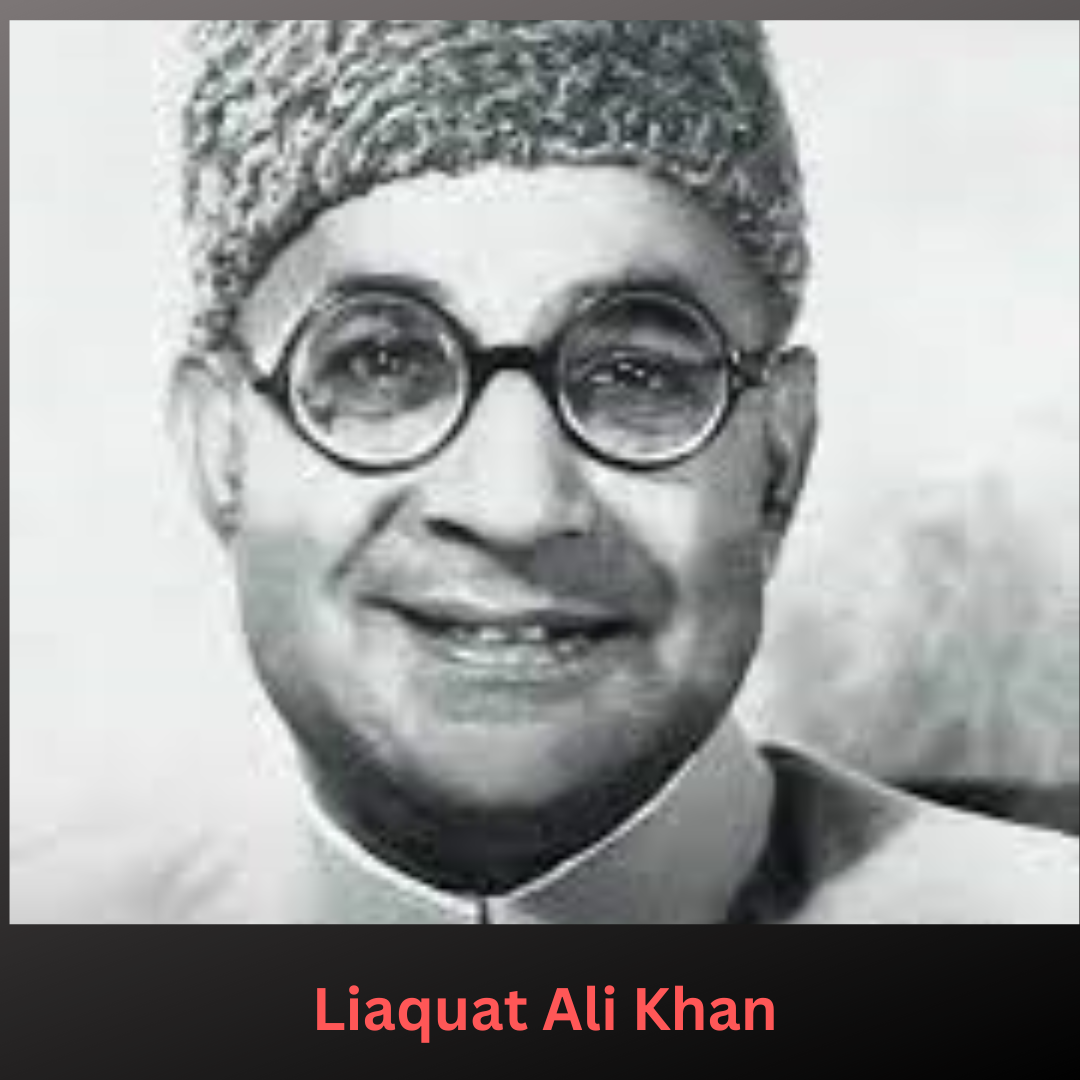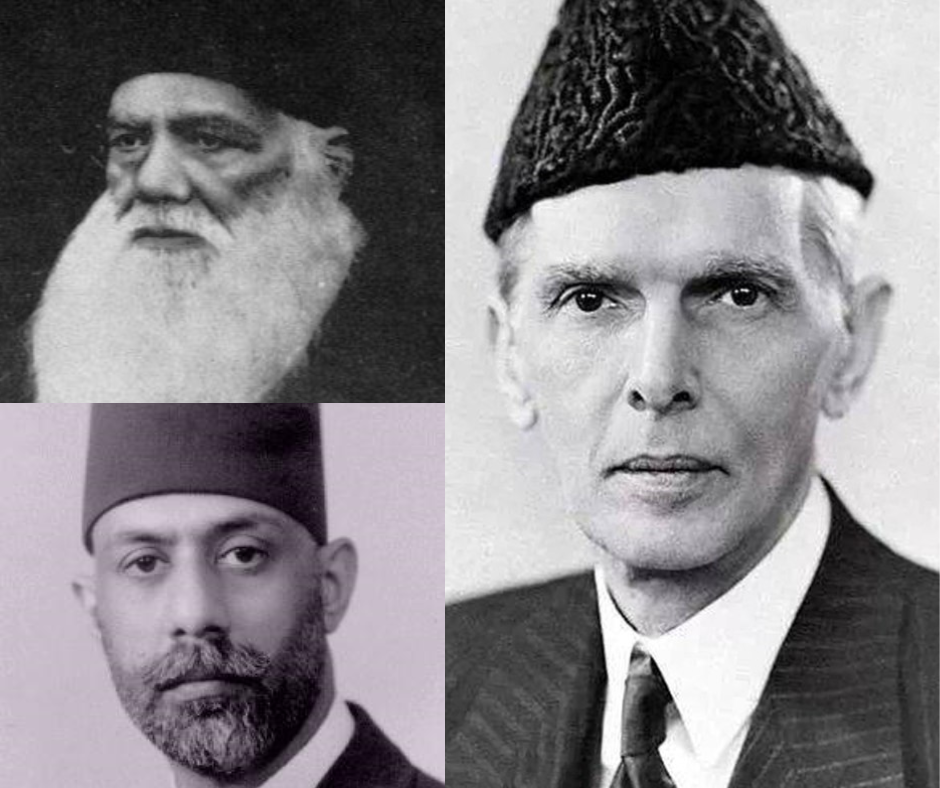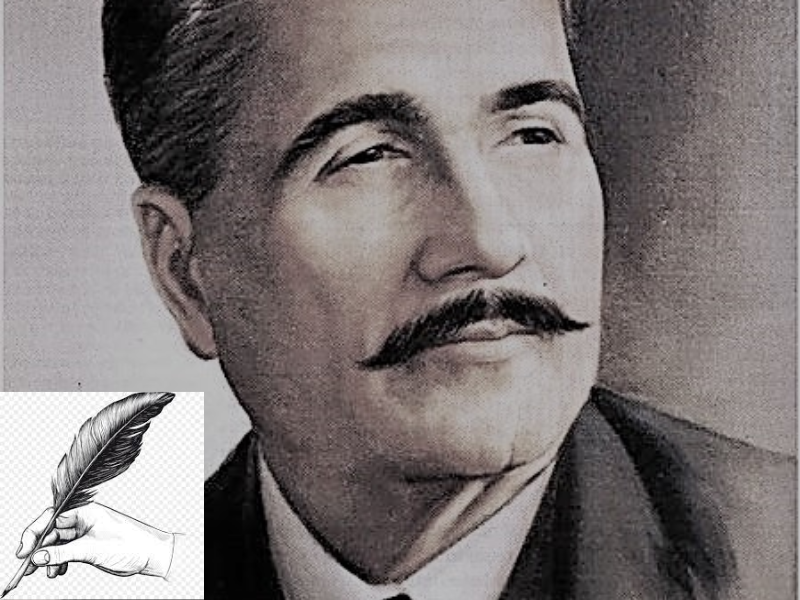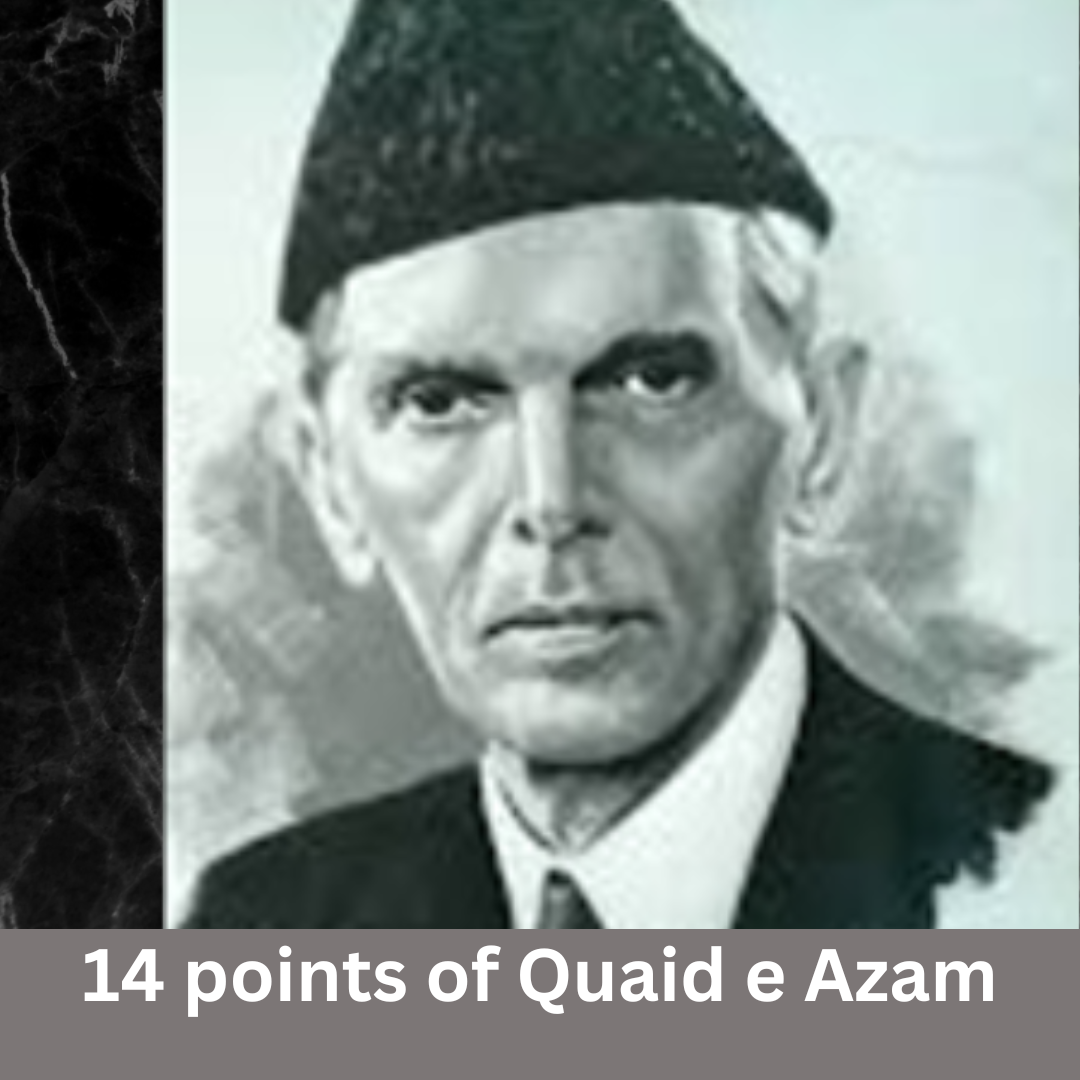In 1895, Mahmuda begum wife of Rustam Ali Khan gave birth to a child named Liaquat Ali Khan. His birthplace was Kernal Punjab. He was a well-educated politician. Liaquat was one of the most devoted persons in the freedom movement. He was the first Prime Minister of Pakistan. Ultimately, he sacrificed his life for Pakistan.
Education
Liaquat khan’s father had the desire to educate his son in the British school system. He had great respect for Syed Ahmad Khan, who proposed the Two Nation Theory. Therefore, he got admission to Muhammadan Anglo Oriental (MAO) college (now Aligarh university) in Aligarh. He graduated BSc degree in Political Science in 1913. Also, he graduated in law in 1918. After graduation, he married Jehangira Begum however the couple separated later.
After graduation, he had the option to join civil service however he declined the offer. He wanted to further pursue his studies. In 1919, he left for England for higher studies. Liaquat entered Oxford University in the year 1920. In Oxford, he got interested in politics. So, He started participating in different political discussions. He got a master’s in law and Justice in 1921 from Oxford. Finally, he was called to Bar from Inner Temple London in 1922 but never practiced it. At the end of 1922 or at the beginning of 1923, Liaquat Ali Khan returned to India.
Liaquat Ali Khan’s Politics
After returning to India, he decided to join politics for independence from the British. In the beginning, he was a supporter of Indian nationalism. However, later he changed his views. Indian National Congress offered him to join the party. However, he joined Muslim League in 1923.
In 1926, he became a member of the provincial Legislative council of UP. In 1932, the Legislative council elected him as a Deputy president of the council. He also served as leader of the council. In 1932, he married Begum Ra’ana who was an economist and academician. She also played an important role in the freedom movement. Liaquat Ali Khan remained a member of the UP council till 1940. In 1940, he became a member of the central legislative council. In 1945, he was also elected to the central council from Meerat constituency.
Liaquat Ali Khan’s contributions in Muslim League
In the freedom movement, he was the right hand of Quaid. He participated in the discussion about Nehru Report in 1928. Jinnah and Liaquat Ali participated in First Round Table Conference held in 1932. Also, in 1936, Muslim League elected him as the party’s general secretary. Moreover, In 1940, he became the deputy leader of the Muslim league. Quaid gave him the responsibility to represent Muslim League at different forums. He assisted Quaid in the negotiations with the Congress party to finalize the issues regarding the freedom movement. He also served as a finance minister in the interim government representing Muslim League.
Liaquat Ali Khan as Prime Minister
He was the first prime minister of Pakistan. On August 15, 1947, he became the prime minister. With the responsibilities of prime minister, he also served as the first foreign and defense minister till his death. He helped Quaid in solving the issues after independence. The major issues were the riot and the settlement of the refugees. When Quaid died, he was the only one who could take on the responsibilities of the newly-born state. He tried his best to solve the administrative issues of Pakistan. He worked on the legislation and presented the objectives resolution. This resolution was unanimously passed. In 1950, he signed a pact with India to solve the minority’s issues. He favored close ties with the West and therefore visited the United States as Prime Minister.
Death
On October 16, 1951, Liaquat Ali Khan was murdered. In the municipal park, Rawalpindi, he had to deliver a speech. Before he could speak, he was shot dead by Saad Akber. The municipal park is now known as Liaquat Baagh. The last words he uttered were “May Allah protect Pakistan”. Later on, he was given the title “shaheed-e -millat”. He is now revered as Quaid-e-millat.





